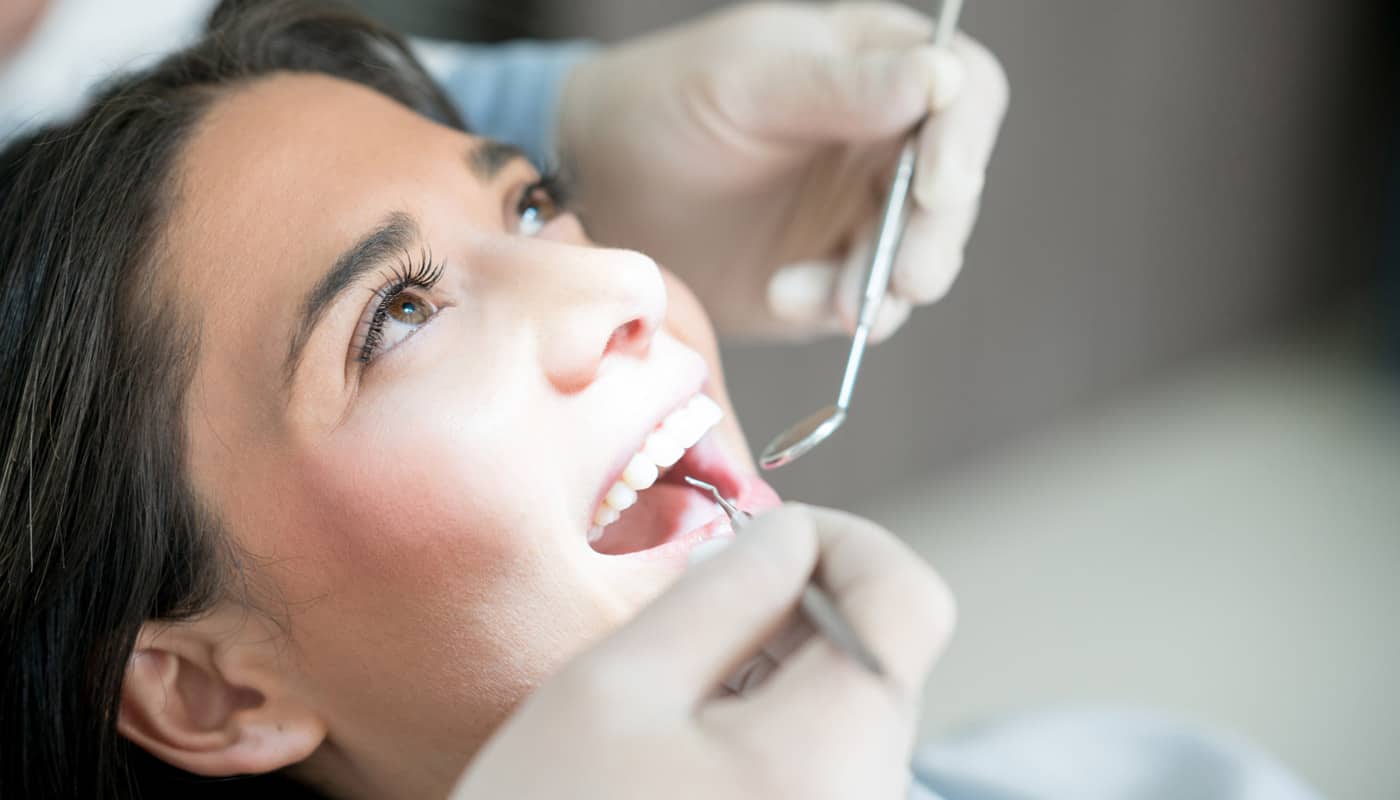It’s not common, but psoriasis can appear on the lips, tongue, and gums. Psoriasis can affect different parts of your body, such as the scalp, the skin on your knees and elbows, and even the nails. Less common and often overlooked is oral psoriasis, which results in symptoms in and around the mouth.
Oral psoriasis can affect the inside of the cheeks, the tongue, and very rarely the gums. Like other forms of psoriasis, it can cause redness, scaling, and breaks in the skin.
Is It Oral Psoriasis or Geographic Tongue?
People who have psoriasis may be more prone to a condition called geographic tongue. The American Academy of Oral Medicine describes this as an inflammatory condition that typically appears on the top and sides of the tongue.
While it doesn’t cause pain, the condition can change the tongue’s appearance with red areas of varying size surrounded by a white border. It’s believed that 10 to 15 percent of people with psoriasis will develop geographic tongue at some point in their lifetime.
How to Prevent and Treat Symptoms of the Mouth
There are some things patients can do to minimize the risk for oral psoriasis. First and foremost, maintaining good oral hygiene, including use of an alkaline mouth rinses are recommended. A do-it-yourself rinse can be made from baking soda and water.
Smoking is a risk factor for a variety of oral problems. It is also important to avoid alcohol and find ways to manage stress, both of which are common psoriasis triggers.
Another way to ward off any oral issues is to have regular dental checkups. If you have red and white patches or lesions in your mouth, your dentist may want to perform an oral tissue biopsy. While it may not establish that you have oral psoriasis, a biopsy can help diagnose or rule out other conditions, such as cancer.
Your doctor may recommend an anesthetic rinse, such as Xylocaine Viscous (lidocaine), a hydrochloride solution if you have an oral irritation that is causing pain. For more severe cases, you may be prescribed anti-inflammatory drugs, such as corticosteroids. But systemic treatment usually isn’t usually recommended if the symptoms are limited to your mouth.

